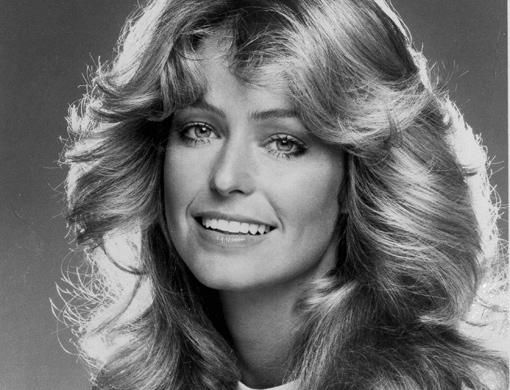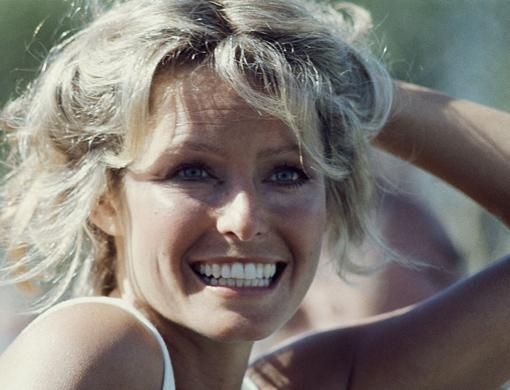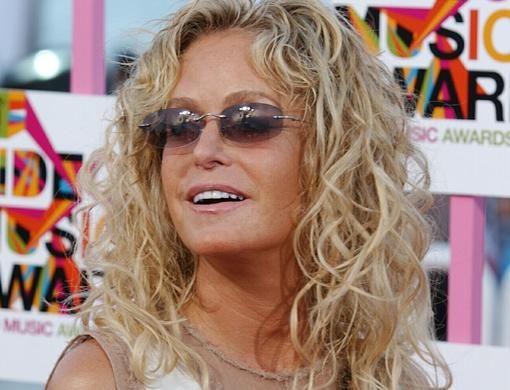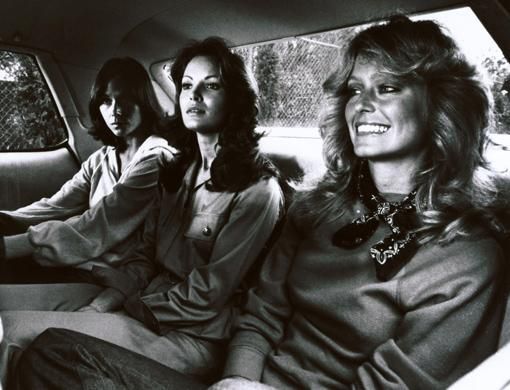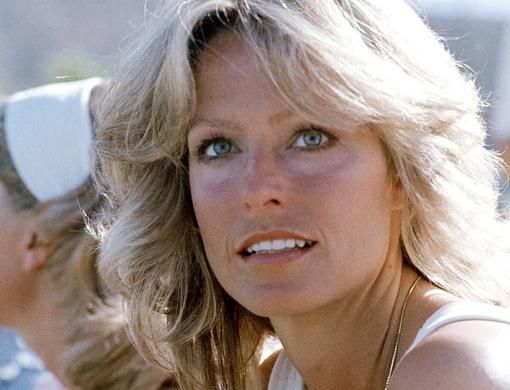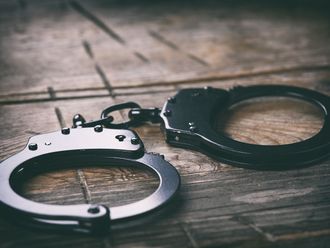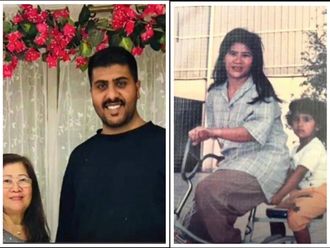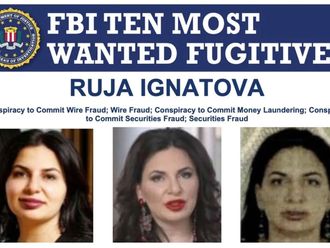Los Angeles: Farrah Fawcett, the Charlie's Angels star whose feathered blond hair and dazzling smile made her one of the biggest sex symbols of the 1970s, died Thursday after battling cancer. She was 62.
The pop culture icon, who in the 1980s set aside the fantasy girl image to tackle serious roles, died in a Santa Monica hospital, spokesman Paul Bloch said.
Ryan O'Neal, the longtime companion who had reunited with Fawcett as she fought anal cancer, was at her side, along with close friend Alana Stewart, Bloch said.
"After a long and brave battle with cancer, our beloved Farrah has passed away," O'Neal said. "Although this is an extremely difficult time for her family and friends, we take comfort in the beautiful times that we shared with Farrah over the years and the knowledge that her life brought joy to so many people around the world."
She burst on the scene in 1976 as one-third of the crime-fighting trio in TV's "Charlie's Angels." A poster of her in a clingy swimsuit sold in the millions.
She left the show after one season but had a flop on the big screen with Somebody Killed Her Husband. She turned to more serious roles in the 1980s and 1990s, winning praise playing an abused wife in The Burning Bed.
She had been diagnosed with cancer in 2006. As she underwent treatment, she enlisted the help of O'Neal, who was the father of her now 24-year-old son, Redmond.
This month, O'Neal said he asked Fawcett to marry him and she agreed. They would wed "as soon as she can say yes," he said.
Her struggle with painful treatments and dispiriting setbacks was recorded in a recent television documentary Farrah's Story.
Fawcett sought cures in Germany as well as the United States, battling the disease with iron determination even as her body weakened.
"Her big message to people is don't give up, no matter what they say to you, keep fighting," her friend Stewart said. The May 15 broadcast of the documentary on NBC it drew nearly 9 million viewers, the TV network estimated.
In the documentary, Fawcett was seen shaving off most of her trademark locks before chemotherapy could claim them. Toward the end, she's seen huddled in bed, barely responding to a visit from her son.
Fawcett, Kate Jackson and Jaclyn Smith made up the original Angels, the sexy, police-trained trio of martial arts experts who took their assignments from a rich, mysterious boss named Charlie (John Forsythe, who was never seen on camera but whose distinctive voice was heard on speaker phone.)
The program debuted in September 1976, the height of what some critics derisively referred to as television's "jiggle show" era, and it gave each of the actresses ample opportunity to show off their figures as they disguised themselves in bathing suits and as prostitutes and strippers to solve crimes.
Backed by a clever publicity campaign, Fawcett became the most popular Angel of all.
Her face helped sell T-shirts, lunch boxes, shampoo, wigs and even a novelty plumbing device called Farrah's faucet. Her flowing blond hair, pearly white smile and trim, shapely body made her a favorite with male viewers in particular.
A poster of her in a dampened red swimsuit sold millions of copies and became a ubiquitous wall decoration in teenagers' rooms.
Thus the public and the show's producer, Spelling-Goldberg, were shocked when she announced after the series' first season that she was leaving television's No. 5-rated series to star in feature films.
But the movies turned out to be a platform where Fawcett was never able to duplicate her TV success. Her first star vehicle, the comedy-mystery Somebody Killed Her Husband, flopped and Hollywood cynics cracked that it should have been titled Somebody Killed Her Career.
She finally reached an agreement to appear in three episodes of Charlie's Angels a season, an experience she called "painful."
She returned to making movies, including the futuristic thriller Logan's Run, the comedy-thriller Sunburn and the strange sci-fi tale Saturn 3, but none clicked with the public.
Fawcett fared better with television movies such as Murder in Texas, Poor Little Rich Girl and especially as an abused wife in 1984's The Burning Bed.
The last earned her an Emmy nomination and the long-denied admission from critics that she really could act.
Fawcett's most unfortunate career moment may have been a 1997 appearance on David Letterman's show, when her disjointed, rambling answers led many to speculate that she was on drugs.
She denied that, blaming her strange behavior on questionable advice from her mother to be playful and have a good time.
In September 2006, Fawcett, who at 59 still maintained a strict regimen of tennis and paddleball, began to feel strangely exhausted. She underwent two weeks of tests and was told the devastating news: She had anal cancer.
O'Neal, with whom she had a 17-year relationship, again became her constant companion, escorting her to the hospital for chemotherapy.
"She's so strong," the actor told a reporter. "I love her. I love her all over again."
She struggled to maintain her privacy, but a UCLA Medical Center employee pleaded guilty in late 2008 to violating federal medical privacy law for commercial purposes for selling records of Fawcett and other celebrities to the National Enquirer.
Her decision to tell her own story through the television documentary was meant as an inspiration to others, friends said.
The segments showing her cancer treatment, including a trip to Germany for procedures there, were originally shot for a personal, family record, they said. And although weak, she continued to show flashes of grit and good humor in the documentary.
"I do not want to die of this disease. So I say to God, `It is seriously time for a miracle,"' she said at one point.
Born Feb. 2, 1947, in Corpus Christi, Texas, she was named Mary Farrah Leni Fawcett by her mother, who said she added the Farrah because it sounded good with Fawcett.
She was less than a month old when she underwent surgery to remove a digestive tract tumor with which she was born.


